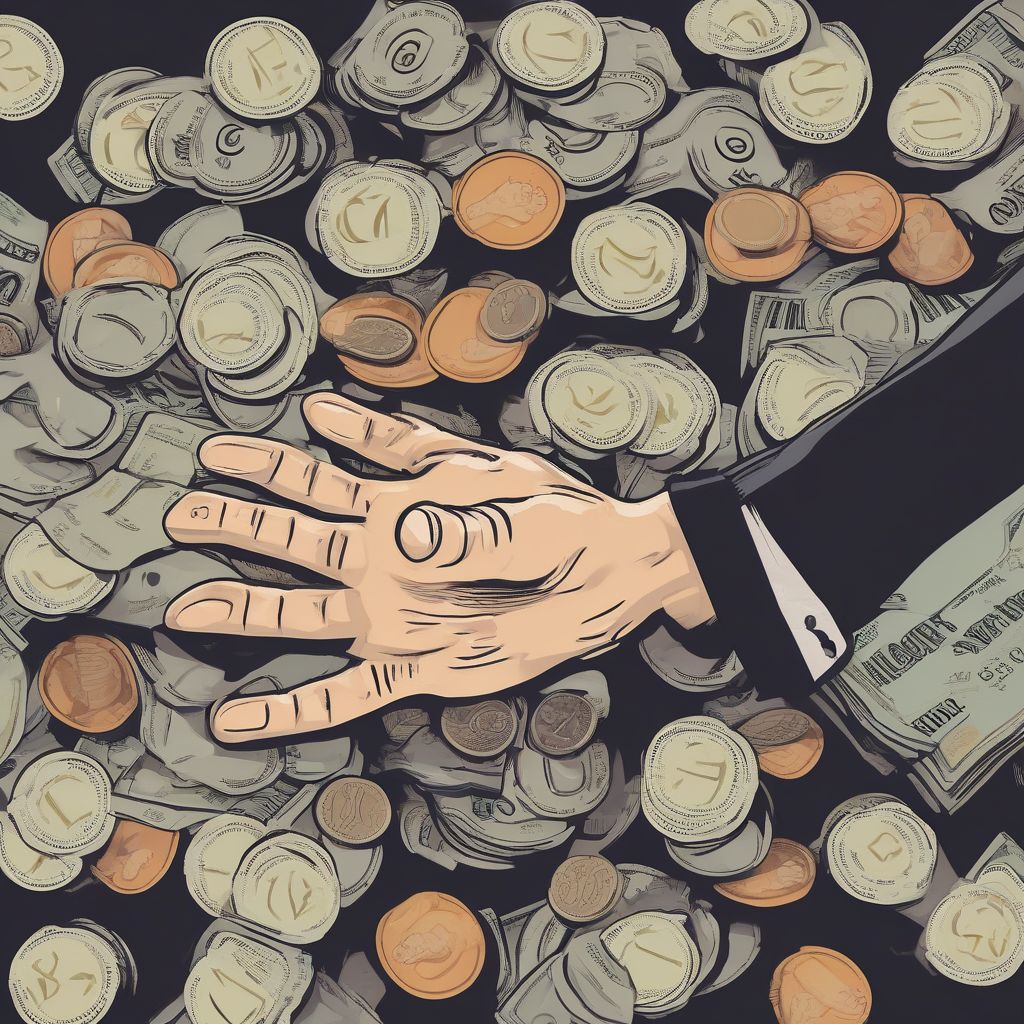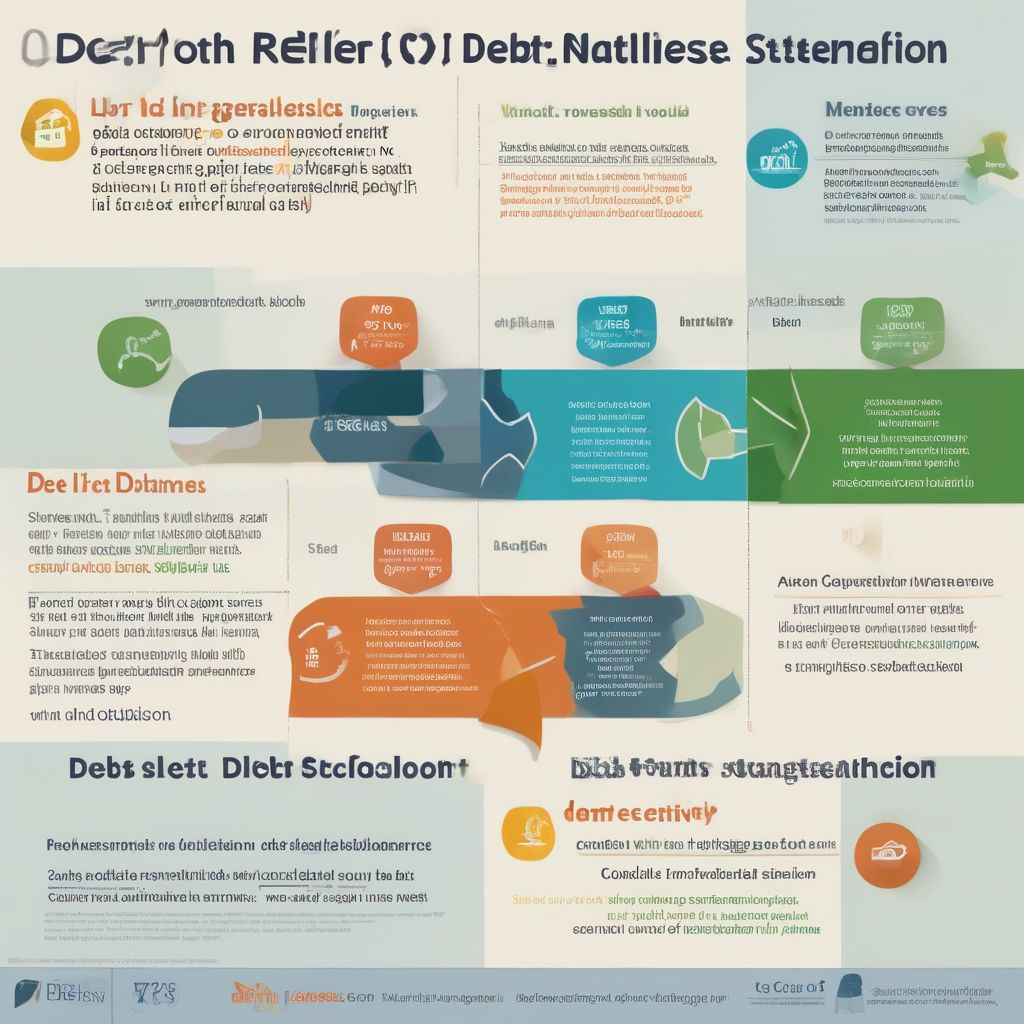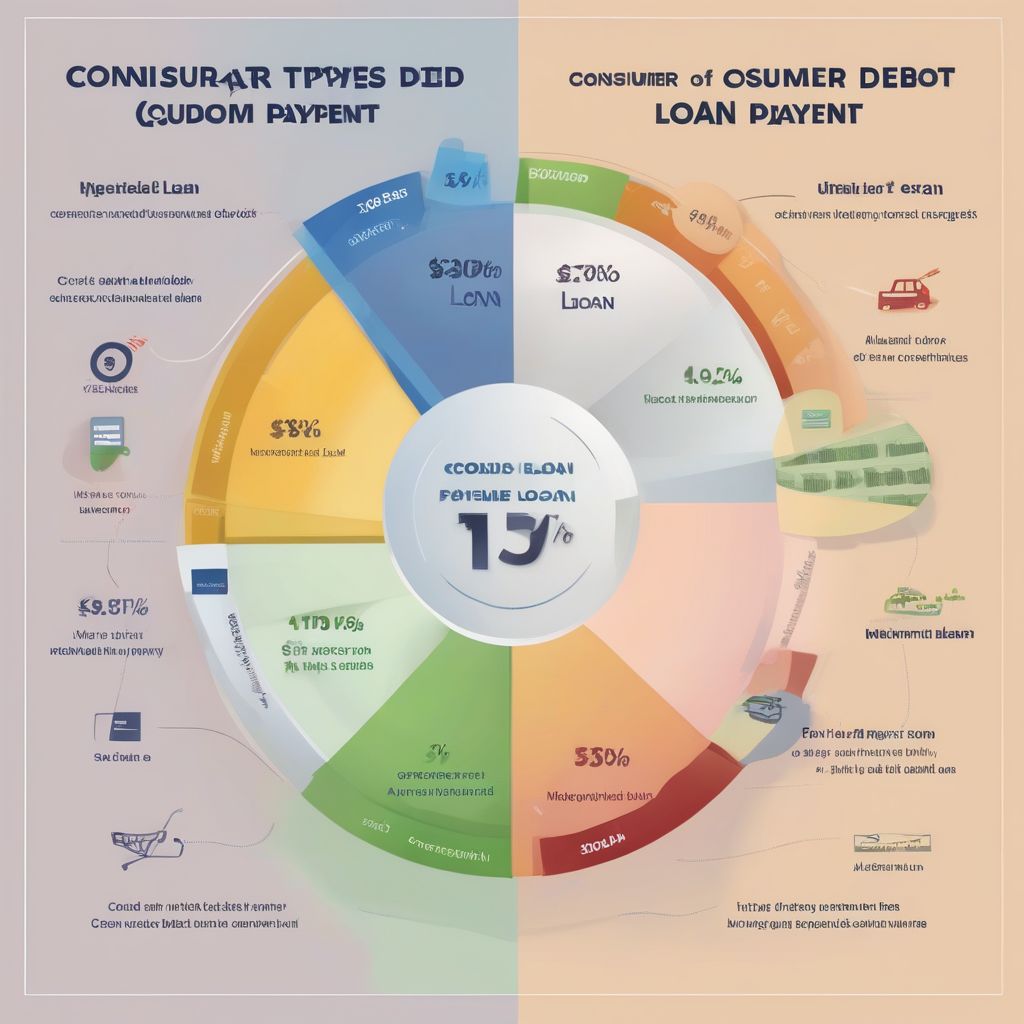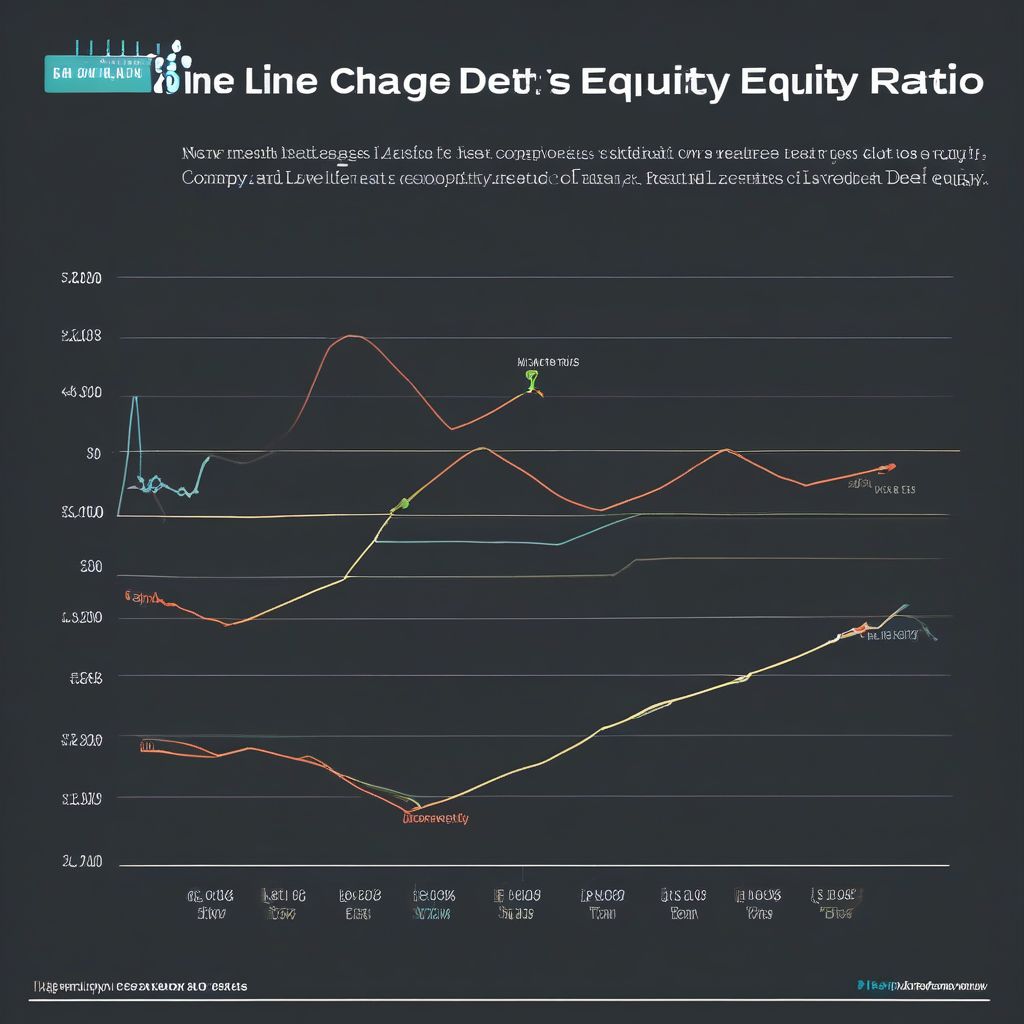In today’s economy, it’s not uncommon to find yourself facing a mountain of debt. Whether it’s from student loans, credit card bills, or unexpected medical expenses, debt can feel like an overwhelming burden. For many, seeking Citizens Debt Relief options becomes a crucial step towards regaining control of their finances. But what exactly does it entail, and how can you determine the best course of action for your situation?
Understanding the Weight of Debt and the Need for Relief
Debt, in essence, represents borrowed money that needs to be repaid with interest. While taking on debt can be a useful tool for investments or managing unforeseen costs, excessive debt can quickly snowball into a financial crisis. This can lead to stress, damage your credit score, and even put your assets at risk.
Citizens debt relief encompasses a range of strategies designed to help individuals and families reduce or eliminate their debt burden. These can include:
- Debt Consolidation Loans: Combining multiple debts into a single loan with a potentially lower interest rate.
- Debt Management Programs: Working with a credit counseling agency to create a repayment plan with creditors.
- Debt Settlement: Negotiating with creditors to pay a lump sum that’s less than the total amount owed.
- Bankruptcy: A legal process that provides a fresh start for individuals facing insurmountable debt.
Navigating Your Options: Frequently Asked Questions about Citizens Debt Relief
1. How do I know if I need citizens debt relief?
There are several red flags that indicate you might need help:
- You’re struggling to make minimum payments on your debts.
- Your debt-to-income ratio (DTI) is high, meaning a significant portion of your income goes towards debt repayment.
- You’re using credit cards to cover essential living expenses.
- You’re receiving frequent calls from debt collectors.
2. What are the pros and cons of different debt relief options?
Each citizens debt relief method comes with its own advantages and disadvantages. For instance, debt consolidation might simplify payments but could lead to paying more interest over time. Debt settlement can negatively impact your credit score, while bankruptcy has long-term financial implications.
3. How can I choose the best debt relief program for me?
It’s crucial to thoroughly research and compare different programs and companies. Factors to consider include:
- Fees: Be aware of any upfront or ongoing fees associated with the program.
- Accreditation: Look for agencies accredited by reputable organizations like the National Foundation for Credit Counseling (NFCC).
- Success rates: Inquire about the company’s track record in helping clients achieve their debt relief goals.
4. What are the potential risks and drawbacks of citizens debt relief?
While seeking citizens debt relief can be beneficial, it’s essential to understand the potential downsides. Some programs might not offer a guaranteed solution, and certain options like debt settlement can negatively impact your creditworthiness.
sonneriesvip.com/wp-content/uploads/2024/08/debt relief concept-66c5a9.jpg" alt="debt relief" width="1024" height="1024">debt relief
Protecting Your Financial Well-being: Key Considerations
-
Seek Professional Guidance: Consulting with a financial advisor or a reputable credit counseling agency can provide personalized advice tailored to your circumstances. They can help you assess your options, understand the implications of each, and make informed decisions.
-
Beware of Scams: Unfortunately, the debt relief industry has its share of scams. Be cautious of companies that promise unrealistic results, pressure you into making quick decisions, or ask for upfront fees before providing any services.
-
Focus on Long-Term Financial Health: Remember that citizens debt relief is not a quick fix. It takes time, commitment, and often lifestyle adjustments to achieve lasting financial stability. Consider creating a realistic budget, exploring ways to increase your income, and adopting healthy financial habits to prevent future debt accumulation.
Conclusion
Navigating the path to citizens debt relief requires careful consideration and informed decision-making. By understanding your options, seeking professional guidance, and adopting a proactive approach, you can alleviate your debt burden and work towards securing a brighter financial future. Remember, knowledge is power when it comes to managing your finances. Continue exploring our website for more insightful articles on investing, financial planning, and achieving financial freedom.




